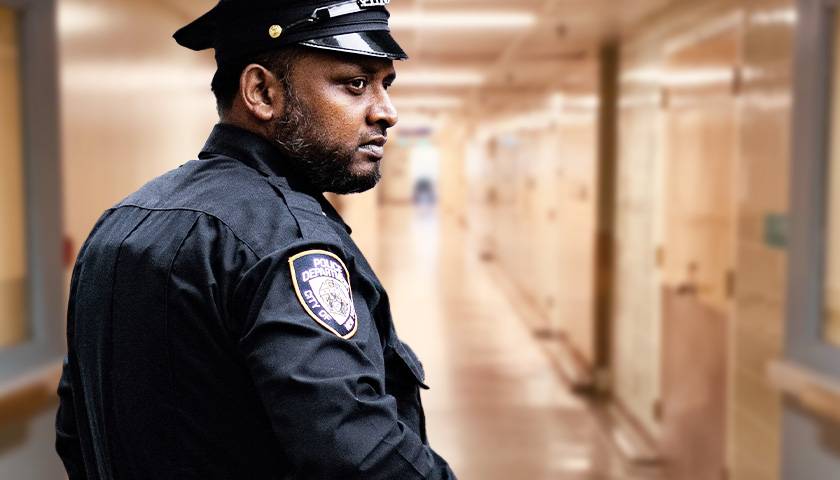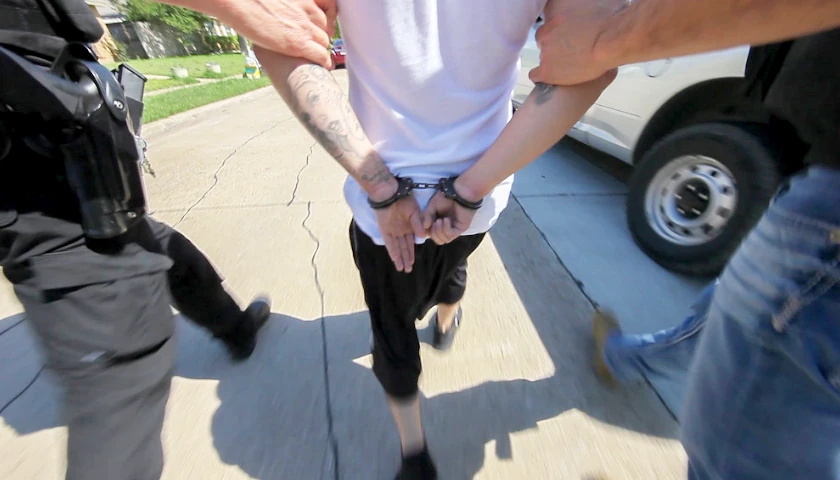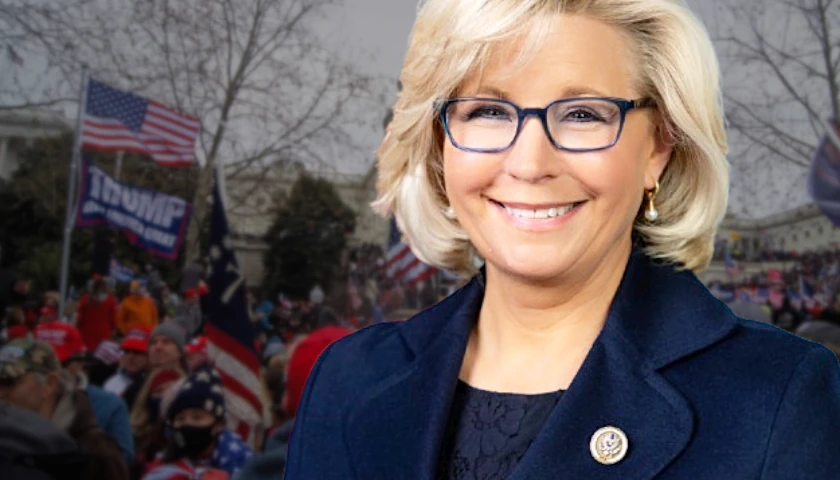by T.A. DeFeo
Georgia lawmakers have signed off on legislation allowing hospitals to start police departments using certified law enforcement officers, similar to the approach many colleges take.
Lawmakers on both sides of the aisle overwhelmingly voted in favor of House Bill 383, the Safer Hospitals Act, to send the measure to Gov. Brian Kemp, a Republican. The new law would take effect in July if signed into law.
“Hospitals are often in high traffic areas and are around-the-clock operations, so sometimes you have people coming into work or leaving work in the dark, in the middle of the night, so safety on hospital campuses is something that there was a need to improve,” state Rep. Matt Reeves, R-Duluth, told The Center Square. “…This is solely giving the hospitals a tool to enhance safety on their hospital campuses for the benefit of their patients.”
This legislation adds hospital employees to the existing list of emergency room workers, paramedics, transit drivers and law enforcement personnel protected from assault and battery by enhanced criminal penalties.
Under the measure, anyone convicted of aggravated assault or battery against a healthcare worker or an emergency health worker on a hospital campus faces three to 20 years in prison. Hospital guards would have arrest powers, and certified security personnel could carry a firearm on campus.
An Atlanta-area hospital initially requested the legislation, which Reeves said requires no tax dollars. Lawmakers expanded the measure to include hospitals statewide after hearing from systems outside metro Atlanta.
“Hospital staff have suffered a significant increase in violent attacks in recent years, and we appreciate the leadership of legislators to add these protections,” Monty Veazey, president of the Georgia Alliance of Community Hospitals, said in a statement to The Center Square.
“Well-trained hospital police will know how to de-escalate violence before it erupts, and their experience will give them insight into whether a person is in crisis or just simply violent,” Veazey added. “Measures to keep staff safe will go a long way toward retention, which is critically important as we face workforce shortages, like so many other industries in Georgia.”
Reeves dismissed concerns that hospitals might use their new police forces to quash questions from patients about the quality of care they received.
“By having security that’s under the auspices of the hospital, they will have a more patient-centered view of law enforcement,” Reeves added. “Currently, hospitals who don’t have hospital campus police either hire off-duty police officers who were out there patrolling the streets the rest of the week or private security companies, and either of those two options are not as attuned and well-trained and patient-oriented.”
– – –
T.A. DeFeo is a contributor to The Center Square.
Photo “Police Officer” by Martin Jernberg. Background Photo “Hospital” by Cory Mogk.





